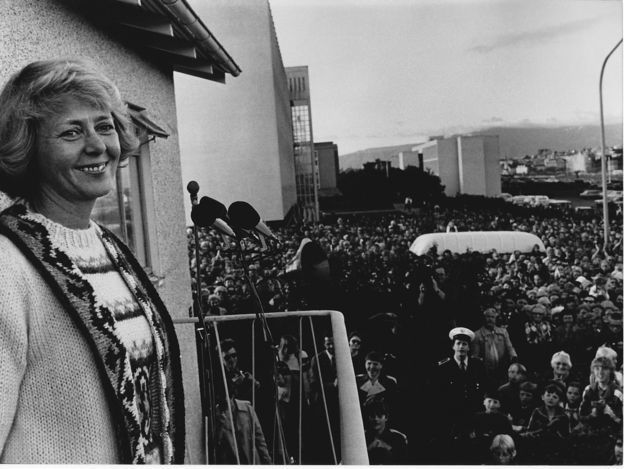Gender Equality in Iceland 1.0

Hæ guys! I have spent the past 4 months living and studying in Reykjavík and recently I wrote a research paper about gender equality in contemporary Icelandic society. I thought it would be nice to share my findings with you - perhaps someone is interested in moving to Iceland? Now, Iceland is generally seen as a very feminist and gender equal country. In the paper I wrote I argued that Iceland is not so much the feminist paradise it is made out to be but rather a feminist utopia. To come to this conclusion I analyzed several laws regarding gender equality and parental leave.
Here's a few reasons why Iceland is considered a feminist country:
- Iceland has been ranked first out of 144 countries in the “Top 10 of the Global Gender Gap Index” for the ninth year in a row. This means that Iceland has the smallest gender pay gap out of the 144 countries in this index.
Source: https://www.weforum.org/reports/the-global-gender-gap-report-2017
- Iceland has world's best parental leave system. Women and men both get three months of paid parental leave. On top of that they get an extra 3 months which can be divided as the parents wish. During this time, they get paid 80 percent of their usual wage.
- There's a law in Iceland that regulates gender equality in Iceland. It promotes gender mainstreaming in all spheres of society and protects gender equality by the law.
Source: https://eng.velferdarraduneyti.is/acts-of-parliament/nr/4203
- Iceland wrote history in 1980 by being the first country in the world to have a nationally elected female president. Vigdís Finnbogadóttir remained Head of State for a total amount of 16 years.
Source: https://www.althingi.is/pdf/wip/Gender_Equality_in_Iceland_2012.pdf
However... There are a few hiccups.
When discussing gender equality, the notion of intersectionality must be considered. This means that gender cannot be studied without considering other inequalities, such as class, sexuality, age, disability, religion or race. Iceland may indeed be a very progressive country for some, but it cannot obtain the status of gender equal country by ignoring inequalities besides gender.
Take, for example, the Nordic Model of sex work. Iceland banned sex work and strip clubs in 2010 for what they consider to be "feminist reasons" - ignoring the fact that letting women perform sex work is rather sexual freedom than a male violence against men. I couldn't wrap my head around this, coming from a Dutch (and feminist - not necessarily related) environment. I would like to hear your thoughts on this and I will share more of my research on this topic in upcoming blog posts.